Franz Schubert in Vienna
The series about historical places of opera art & culture. Get to know exciting excursion and travel ideas for opera lovers. This time: Franz Schubert in Vienna.
All Destinations on google maps with links to detailed Blogposts:
Franz Schubert in Vienna
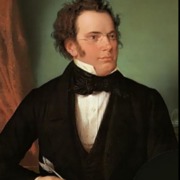
Schubert spent most of his short life in Vienna. His adult life was marked by the composition of music (it is estimated that he composed 30,000 hours), complete destitution (publishers and concert promoters largely spurned his works), socializing with Schubertiads and visits to inns, and his terrible syphilis disease.
Franz was the thirteenth of his father’s 20 children, was very musical, had a beautiful voice, and for this reason was accepted in 1808 as a choirboy at the Hofmusikkapelle (court chapel) and in the imperial convict at St. Stephen’s Cathedral.
After attending the Court Music Chapel and briefly training as a teacher, Schubert took up his position as his father’s school assistant in 1814. Schubert was unhappy because he lacked time for composing, and in 1816 he applied in vain for a musician’s position in Ljubljana. Also, all publishers rejected submissions of his compositions. His friend Franz von Schober offered Schubert to live with his family (then at Landskrongasse 5) and so the penniless Schubert decided to give up the job and devote himself fully to life as a composer.
Schubert stayed several times with his friend Franz von Schober, the poet and actor of the same age. In 1821 the first Schubertiade, evenings to promote Schubert’s music, took place in the apartment on Spiegelgasse. Schubert sat at the piano and his most authoritative interpreter of his songs, Johann Michael Vogl sang along. These Schubertiades became an important literary-musical salon and were often held in Sonnleithner’s house (Haus am Bauernmarkt was demolished). Important works by Schubert, such as Erlkönig, were heard for the first time at the Schubertiades.
After the diagnosis of syphilis, Schubert began to drink more and more. Night-long visits to inns were not uncommon, Schubert became more corpulent, and attacks of syphilis caused him more and more trouble. Schubert was never inhibited in his joy of composition by the many defeats, even in his darkest hours when he lay in hospital in 1823, in a room with 90 rash patients with open wounds, he composed on the “schöne Müllerin”.
The last months before his death, Schubert lived in the apartment of his brother Ferdinand. This was somewhat outside of Vienna, the doctors recommended that he stay outside of the city because of the better air. Schubert’s cause of death was not syphilis, but it is assumed that he died of the rampant typhoid fever (due to the typical phantasizing (“nervous fever”) which became noticeable earlier).
To the travel guide VIENNA for classic and opera fans
Destination Birthplace
Schubert’s birthplace at Nußdorfer Strasse 54 makes an idyllic impression. But appearances are deceptive, because more than a dozen families lived in these apartments and Franz was the thirteenth of 20 children of his father. The small museum is simply designed and impresses with the Biedermeier charm of the house complex.
Birthplace:
https://www.wienmuseum.at/en/locations/schubert-geburtshaus
Destination Lichtentaler Pfarrkirche (Church)
This church at Marktgasse 40, also called Schubert Church, played an important role in the first half of his life. It was his baptismal church, later he received organ lessons here at the age of 6, and at the age of 17 for the first time one of his works was heard in public (Mass in F major). The soprano part was sung by Therese Grob, the woman Schubert desired and did not get.
Lichtentaler Pfarrkirche:
http://www.pfarre-lichtental.at/
Destination Hofmusik Kapelle (Vienna Boys Choir)
Schubert was very musical and had a beautiful voice, which is why he was accepted in 1808 as a choirboy at the Hofmusikkapelle and in the imperial Konvikt of St. Stephen’s Cathedral. At Ignaz-Seippel Platz 1 there is a memorial plaque to the pupil Franz Schubert. There he became acquainted with the music of Mozart and Haydn, enjoyed lessons from Salieri and learned to play the violin.
The Vienna Boys’ Choir still sings in the Hofmusikkapelle every Sunday (except July/August). Tickets can be purchased.
Hofmusikkapelle (Court chapel):
https://www.hofmusikkapelle.gv.at/
Reserve tickets early
Destination School House Säulengasse 3
Schubert took up his position as his father’s school assistant in this building in 1814.
Säulengasse 3 (historic picture 1890):
Destination Spiegelgasse 9, (Apartment and location of Schubertiades)
The first Schubertiade took place in this apartment, and a plaque commemorates these important occasions. Here he was working on the composition of the Unfinished when he realized that he was ill with syphilis. Possibly this diagnosis caused the halt of the composition on the symphony. This was followed by the Wanderer Fantasy (D. 760), one of the most extreme, stirring, and abysmal works in piano literature, composed from only one theme, and with the same notes. The twenty-minute fantasia was endlessly admired by Liszt, and Schubert laconically commented on his work: “the devil may play it”.
Wanderer Fantasy played by Svyatoslav Richter:
https://www.youtube.com/watch?v=mEhynSRBLUQ
House at the Spiegelgasse 9(historic picture 1940):
Destination Gasthaus Zu den drei Hacken (Tavern)
Schubert and his large circle of friends were gregarious. The only surviving inn from this time, which Schubert visited frequently, is the inn “zu den drei Hacken”. A memorial plaque commemorates the famous guest.
Tavern “Zu den drei Hacken”:
Destination Kettenbrückengasse (Death place)
The place where he died has been turned into a memorial place, where you can see some memorabilia and get to know his work musically.
A look inside the exhibition:
https://www.wienmuseum.at/en/locations/schubert-sterbewohnung
Destination Schubert Monument
The statue shows Franz Schubert with music book and pencil for once without glasses. On the pedestal are allegories for his music: fantasy in front, instrumental music on the left, vocal music on the right.
Schubert Monument:
Destination Zentralfriedhof (Central Cemetery)
Before his death, Schubert expressed his wish to be buried near Beethoven’s grave, at whose funeral celebrations a year earlier he had been one of the torchbearers. This wish was granted after his death on November 19, 1828, and he was buried two grave sites next to the great role model. The tomb was built according to the plans of his friend Schober.
In 1888 Schubert’s body was moved together with Beethoven’s grave from Währinger Friedhof to Zentralfriedhof. The gravestones remained in Währing and a copy was made for the Central Cemetery.
Schubert’s Grave:


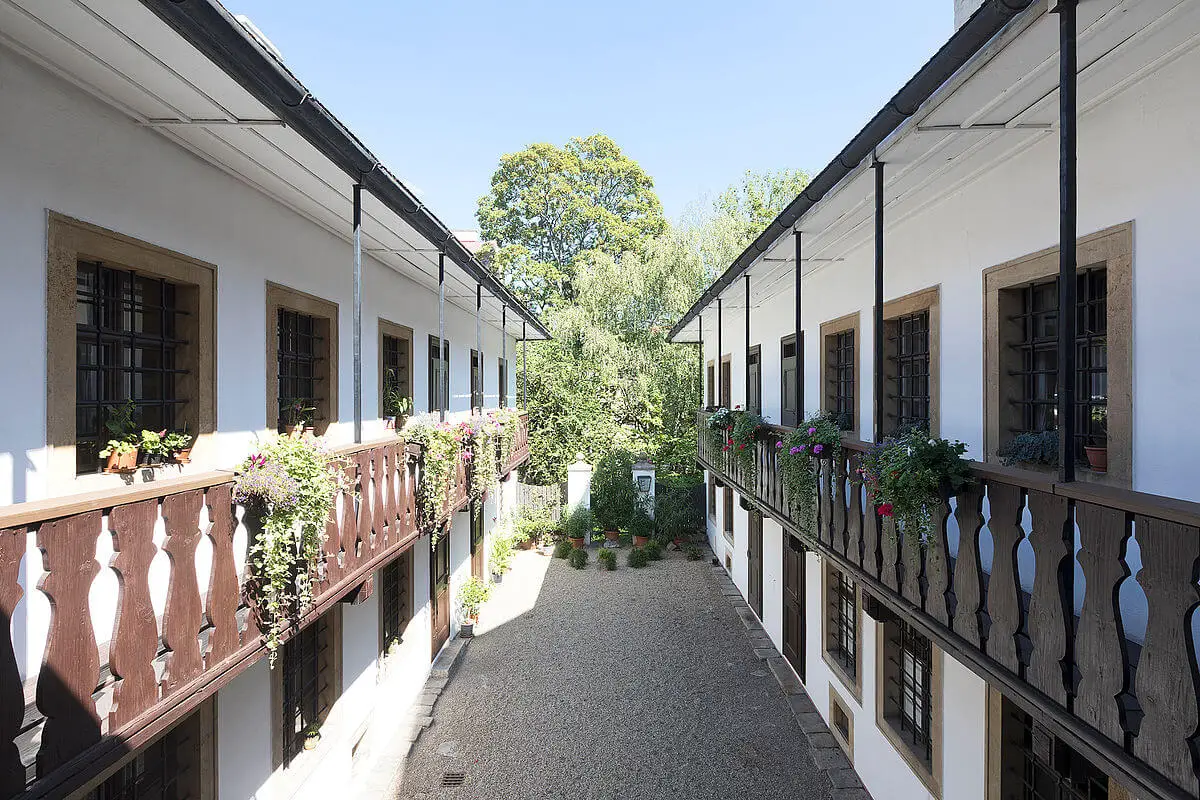
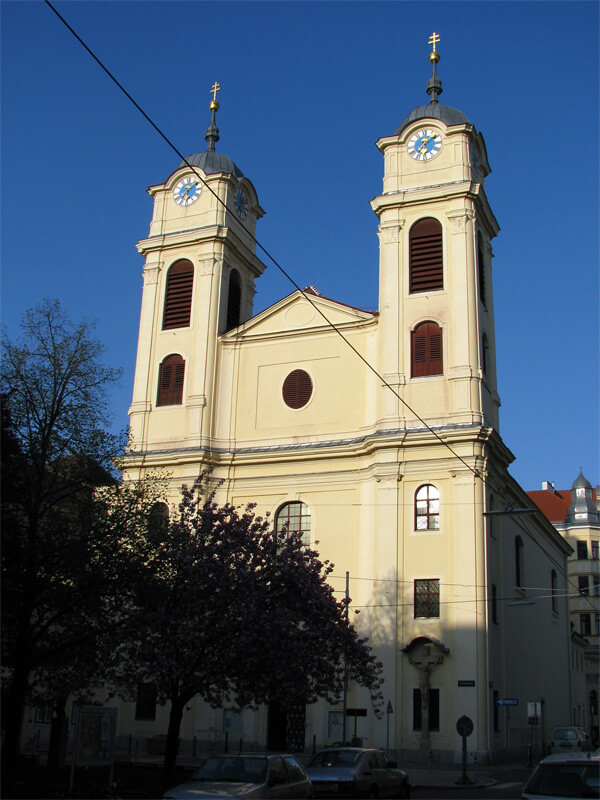
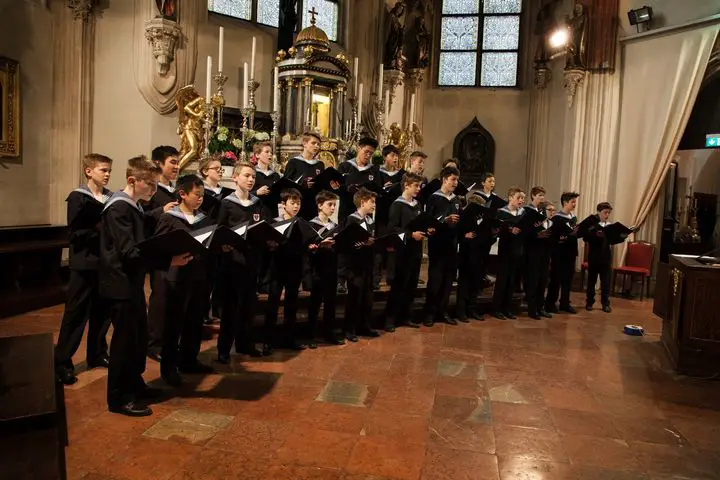
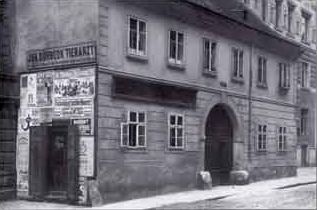
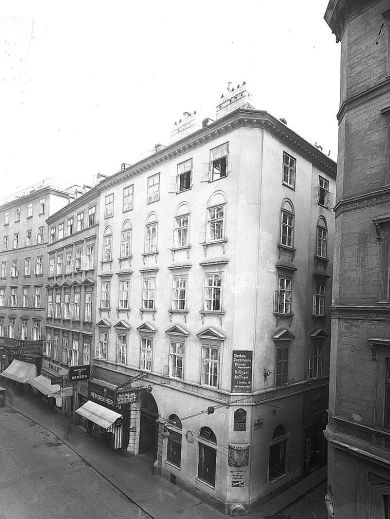
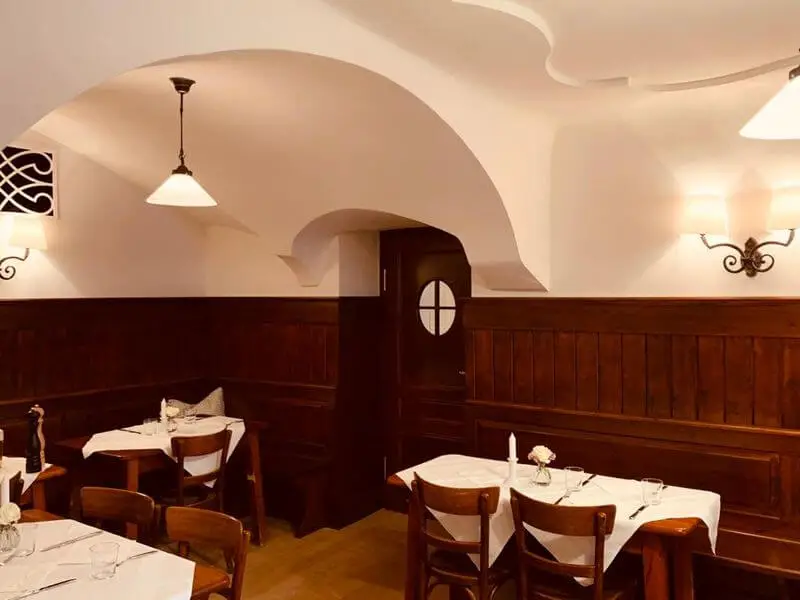
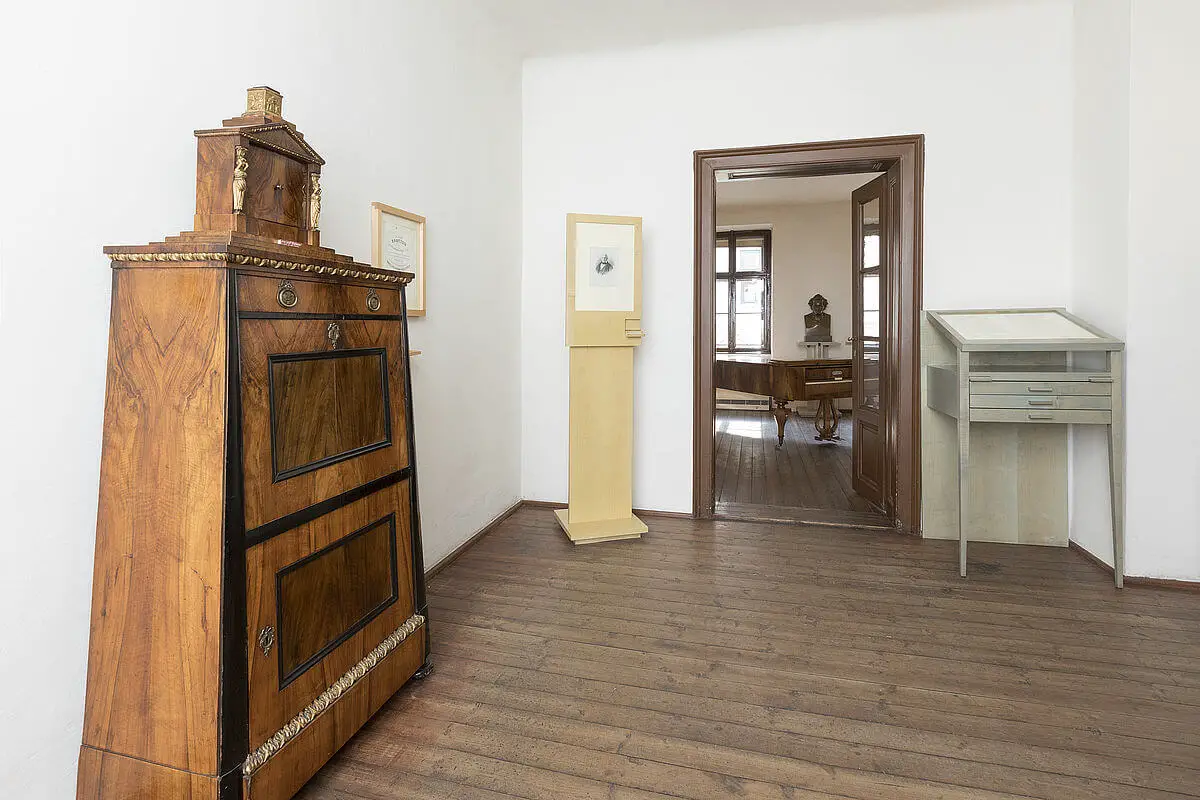
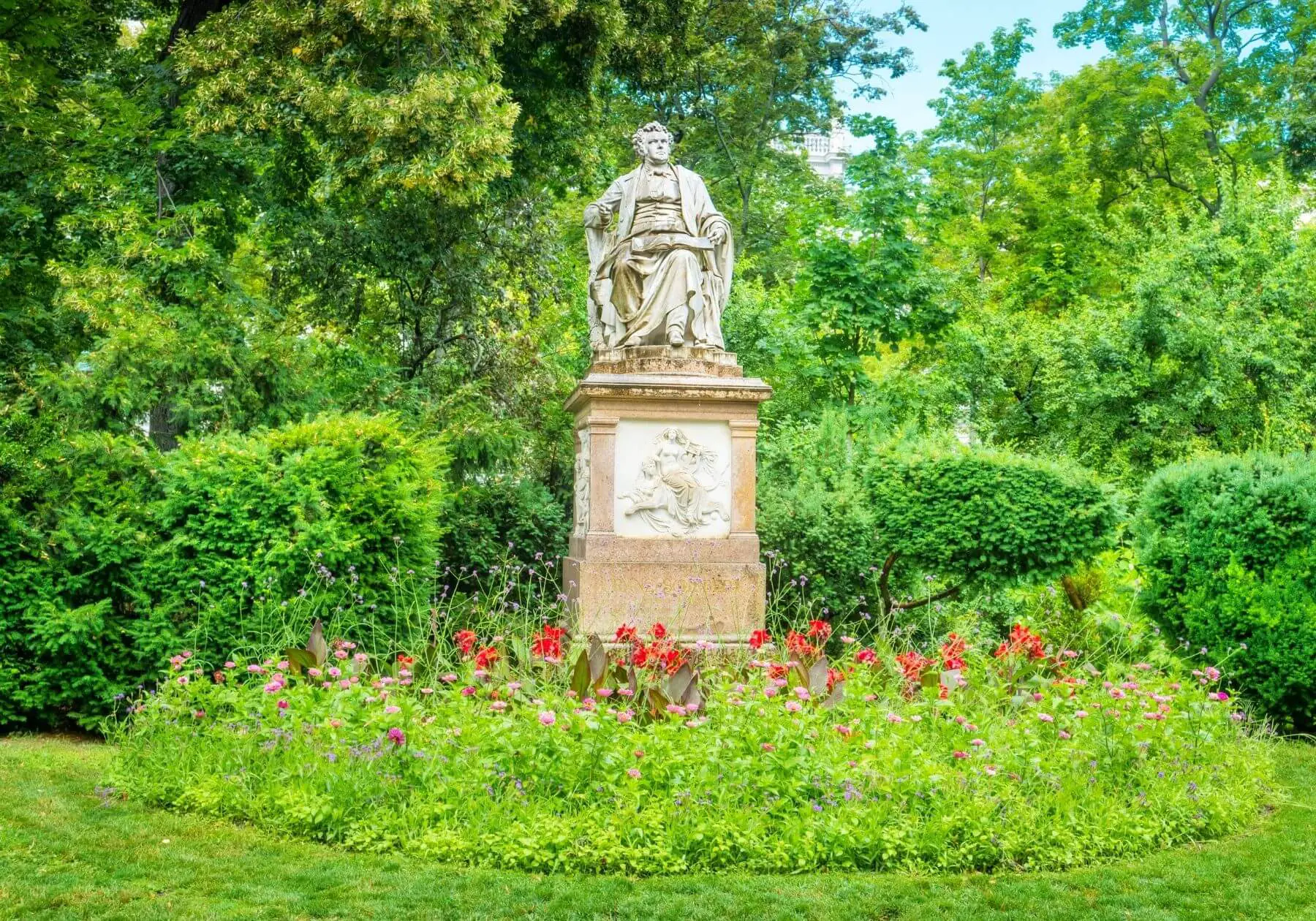
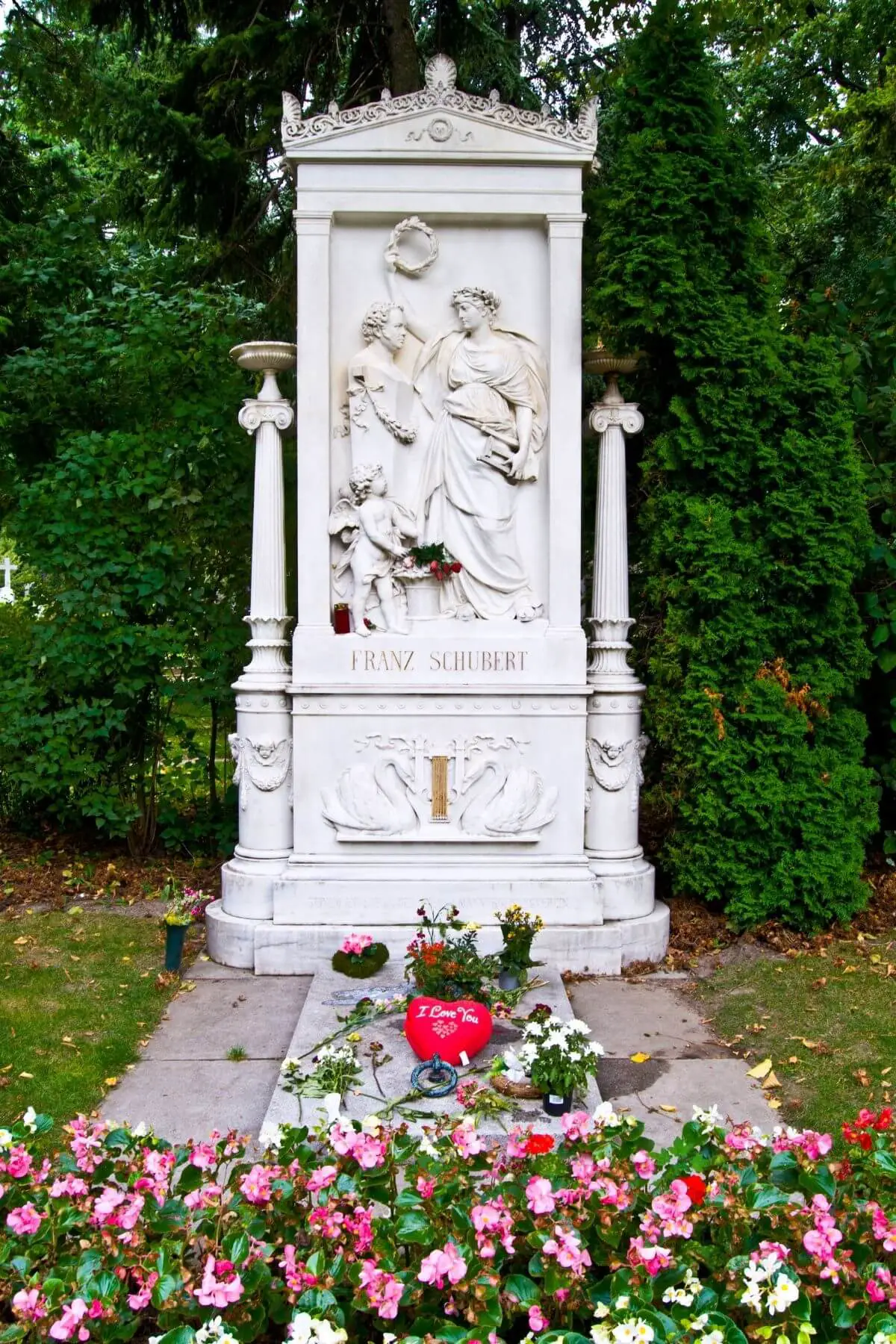


Leave a Reply
Want to join the discussion?Feel free to contribute!